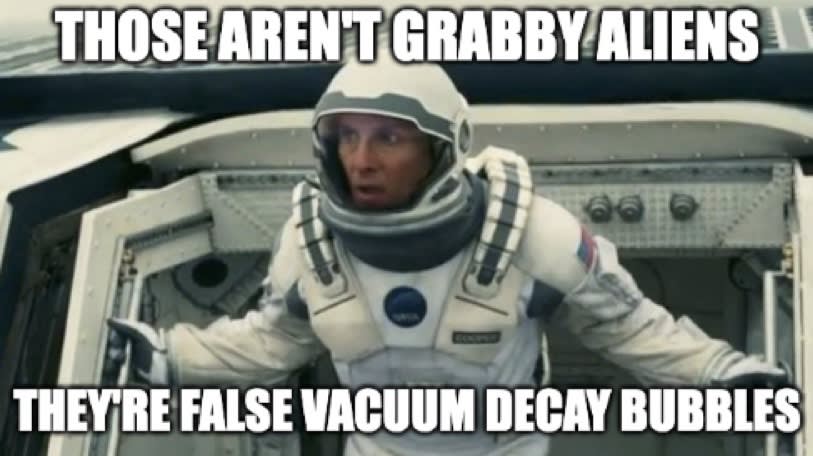The last two years of alignment research were characterized by cheap easy money that is going to dry up soon. There are (were) ~300 alignment researchers on earth, and that number should go up instead of down.
Two strategies I'm aware of are:
- Fund people to go to the new alignment research center/group house in Vermont, where rents are extremely low.
- Revolving door work: part time job working IT; or, work full time in IT one year on, and then one year off doing alignment work full-time, and repeat.
I'm asking for more strategies to do more alignment research for less money, but I'm also interested in ways to improve strategy proposals such as those two. For example, Earning-To-Give-To-Your-Roommates: instead of earning to give to people you don't know, one person in a cheap group house funds several other skilled alignment workers who are also their roommates. It is similar to the setup in the Silicon Valley TV show, except instead of being a startup, they contribute significantly to you not dying within 30 years.
This role can revolve and ought to take place in the upcoming Vermont center or a similarly remote location (but large numbers of people cluster in a small number of areas for network effects). An important factor is having someone's alignment researcher status certified by MIRI or some other org based on their history of good research and good ideas, to prevent goodharting and excessively self-confident people from occupying a large proportion of the slots.
What are some ways to improve these strategies? What are some other game-changing strategies to maximize alignment research while minimizing pain?


Edited to add where I found some. :) Here is an example post about them: https://forum.effectivealtruism.org/posts/4zHWQNzCusaTfD7jz/ea-houses-live-or-stay-with-eas-around-the-world